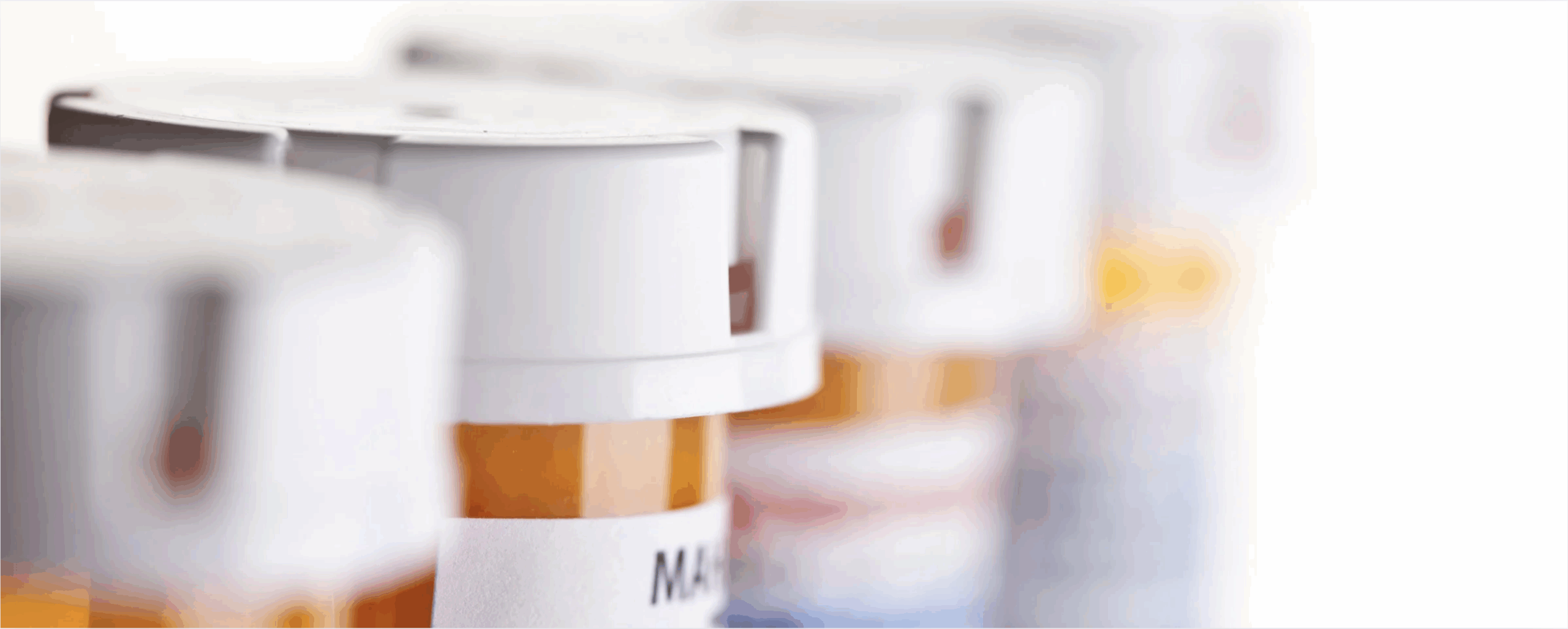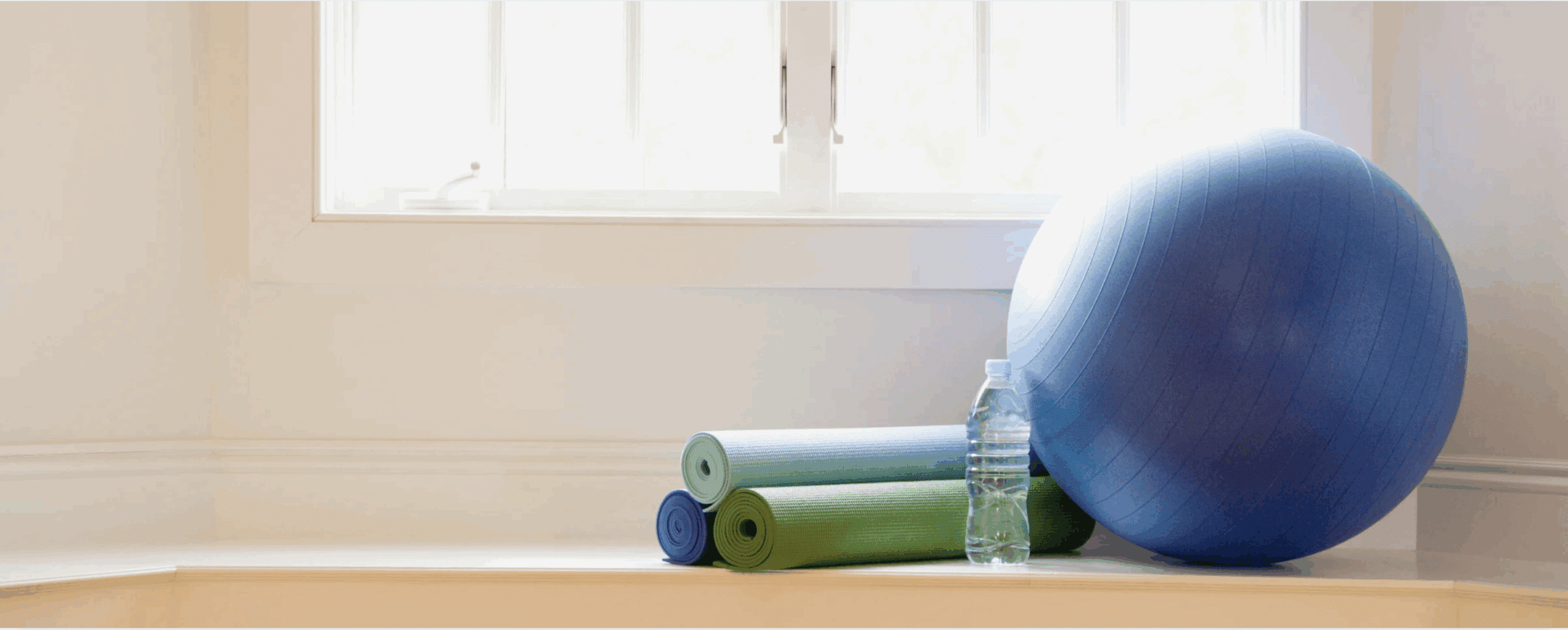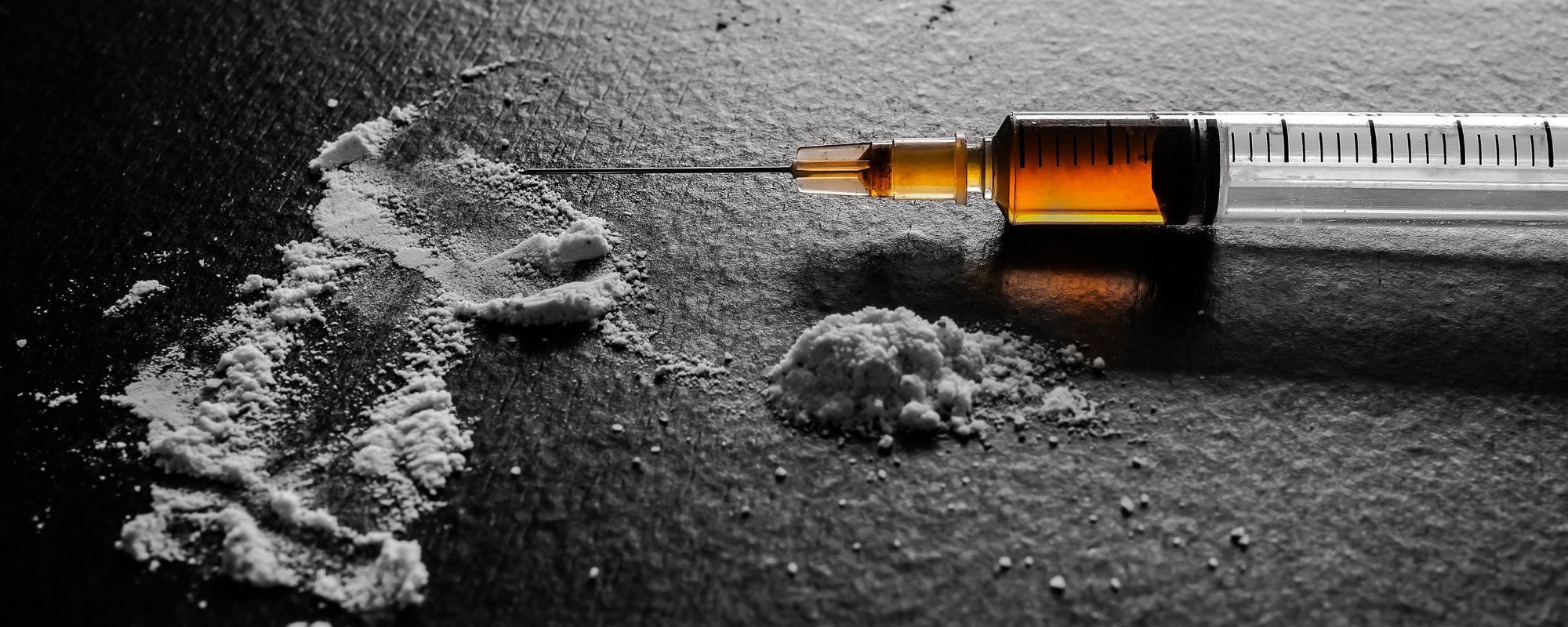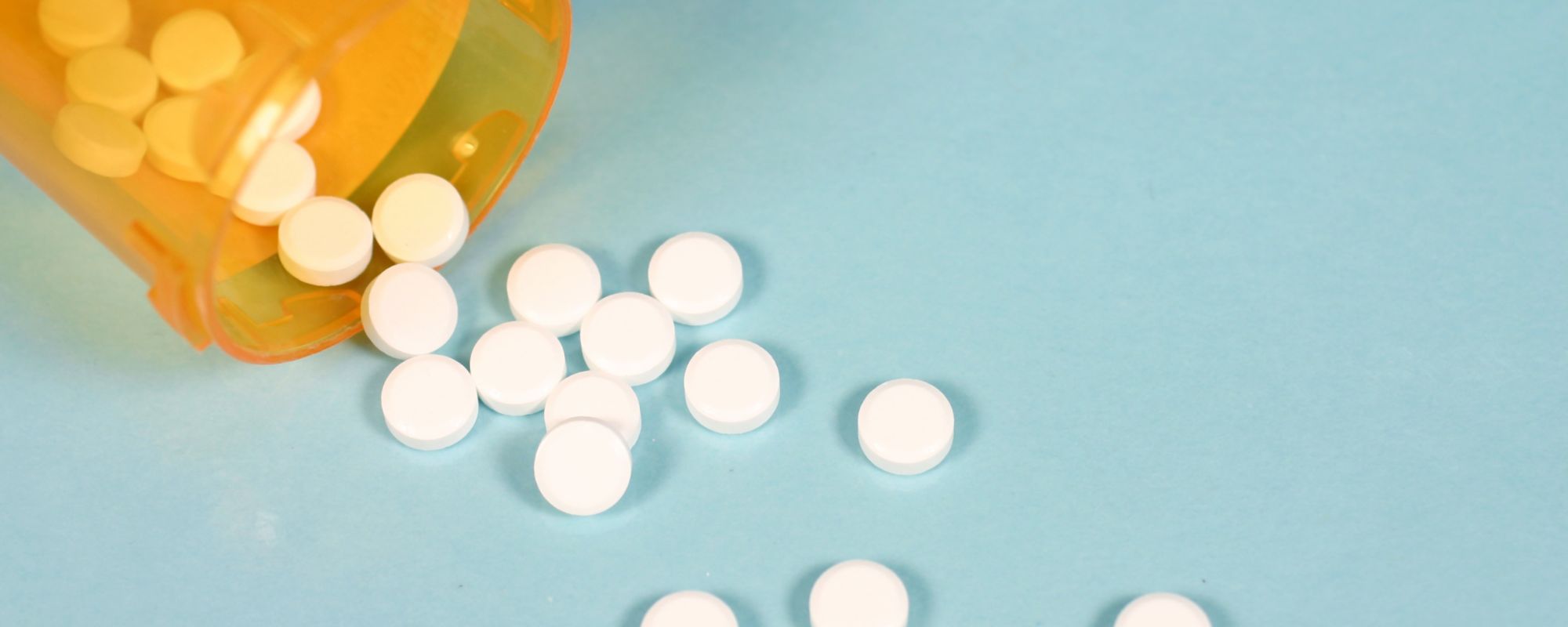Addiction recovery is a time of transformation, where individuals begin replacing destructive habits with healthier ones. One of the most powerful and accessible tools for recovery is exercise. At Royal Life Centers at Spokane Heights, we emphasize the importance of holistic healing—connecting the mind, body, and spirit. Incorporating physical activity into addiction treatment not only boosts physical health but also supports mental clarity, reduces stress, and enhances emotional resilience.
In drug rehab, creating a sustainable exercise routine can play a vital role in preventing relapse and building long-term wellness. However, establishing and maintaining new habits isn’t always easy. The key is consistency, realistic expectations, and making movement something you enjoy.
The Benefits of Exercise in Addiction Recovery
Regular exercise during substance abuse treatment offers a wide range of benefits:
Improves mood and energy levels
Reduces symptoms of depression and anxiety
Enhances sleep quality
Increases self-esteem and body awareness
Promotes brain function and neuroplasticity
Decreases cravings by releasing feel-good endorphins
Physical activity becomes a healthy coping mechanism to replace substance use, helping individuals build routines that support their recovery goals both in and after rehab.
10 Ways to Build an Exercise Habit in Drug Rehab
If you’re enrolled in a residential or outpatient treatment center, here are 10 practical ways to make exercise a consistent habit during and after rehab:
1. Reframe What Counts as Exercise
Not all physical activity has to happen at the gym. Walking, dancing, hiking, or playing sports like basketball or tennis all count. Focus on moving your body in ways you enjoy.
2. Find an Accountability Partner
Exercising with a peer in recovery or a friend from your treatment facility can help build motivation. Social connection is a huge component of healing.
3. Start the Day with Movement
Stretching or light yoga in the morning can increase blood flow and create a sense of calm to carry into the rest of your day.
4. Take Walking Breaks
Three 10-minute walks per day add up to 30 minutes of cardio. Use short walks as mental resets between therapy sessions or group activities.
5. Add One More Rep
Start small with manageable sets, and gradually increase your reps. This promotes both physical stamina and personal accountability.
6. Reward Progress
Give yourself simple, healthy rewards—like an extra 10 minutes of relaxation time or your favorite snack—after completing your workout. Positive reinforcement boosts habit retention.
7. Leave Visual Reminders
Sticky notes with motivational quotes or reminders on your mirror or door can keep your goals front of mind. Try affirmations like, “I am building a stronger, healthier me.”
8. Commit to a 30-Day Challenge
Doing any physical activity daily for 30 days helps solidify the routine and make it second nature.
9. Prep Your Workout Gear
Lay out your gym clothes each night. Prepping ahead of time removes mental obstacles and makes it easier to follow through.
10. Prioritize Consistency Over Perfection
Even five minutes of movement counts. The habit of daily activity matters more than intensity when you’re starting out.
How to Tell Exercise is Helping Your Recovery
You’ll know your new exercise habit is working when you notice:
Better sleep quality
Improved focus and mental clarity
Increased energy throughout the day
Improved heart rate and blood pressure
Stronger muscles and physical endurance
Decreased cravings and fewer emotional triggers
Reach Out for Help With Drug Addiction
Are you struggling with substance abuse?
Royal Life Centers at Spokane Heights is here to help you recover. Because we care.
Tips for Exercising Success
Getting started with a new exercise plan can feel overwhelming, especially during early recovery or when juggling daily life responsibilities, but the health benefits of exercise are undeniable. Whether your goal is weight loss, weight management, or simply to improve mental health, building a habit that sticks requires intrinsic motivation and consistency. You don’t need a gym membership to succeed—home workouts, walking, or even lifting weights in your living room can make a difference. The key is to choose activities you enjoy and set realistic goals. If you’re facing obstacles to exercising, such as a lack of time or energy, try pairing workouts with something enjoyable, like listening to music or exercising while you watch TV. Consider packing a gym bag ahead of time, finding a workout partner, or working with a personal trainer for personalized training and support. Platforms like social media can offer fitness routines, success stories, and tips for making exercise a regular part of one’s routine. As you incorporate exercise into your recovery journey, you’ll notice real changes—improved mood, increased energy, and a sense of accomplishment that enhances both women’s health and overall health and fitness. And remember to reward yourself for your progress. Even small steps help you stay motivated to exercise and achieve your next fitness goal.
Exercise and Holistic Addiction Treatment
At Royal Life Centers at Spokane Heights, we integrate fitness and wellness activities into every level of care, from detox to outpatient programs. Our addiction treatment programs include access to physical health services, stress management techniques, and holistic therapies that support your whole self.
We believe in the power of movement as a recovery tool. Whether you’re participating in yoga therapy, group workouts, or enjoying nature walks, you’re building a lifestyle that supports long-term sobriety.
Start Your Drug Addiction Recovery Today
If you or someone you love is struggling with drug or alcohol addiction, help is available. At Royal Life Centers, we provide comprehensive substance abuse treatment that includes physical wellness, mental health care, and ongoing support. Call us today at (888) 907-0898. Our team is available 24/7 to answer your questions and guide you through the next steps in your healing journey.
























